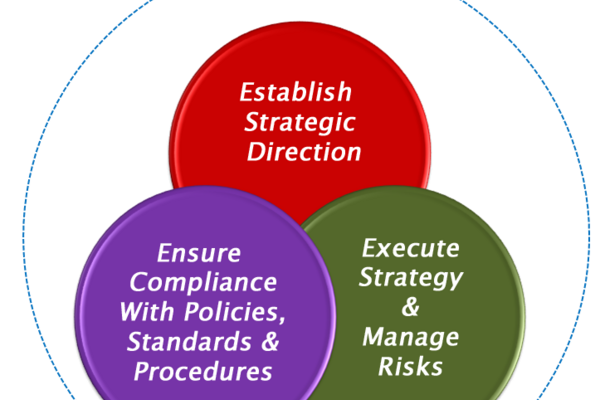The present situation is testing us all on both a personal and organisational level. But most particularly those working in healthcare environments. Understandably, the media focus has been those involved in front line care delivery. However, those in charitable governance roles also have to consider how best they respond to the situation. i.e. the balance of fulfilling legal responsibilities, whilst also giving maximum latitude to senior teams to work in a highly pressurised environment? This paper explores some of the possible solutions that Boards might wish to implement to help them find this balance.
Steps to reduce the burden on senior teams, whilst maintaining core governance duties
Are there particular governance activities that can be put on hold to help relieve the pressures on staff? Many organisations have already had to reduce services, but the very act of doing so can create more work in the short term for the staff team. Streamlining Board activities that are in the ‘important but not urgent’ box can show that the trustees appreciate this. This might be the development of a new strategy, induction programmes for new trustees, etc
Can the reporting schedule be streamlined? This builds on the above. Board papers are important but take a lot of time to prepare. Rather than any regular detailed reports that normally produced, can you agree a one page Balanced Scorecard of key information that goes to the Board. Or can reports be on an exception only basis related to the core risks identified in the business continuity plan or over risk register?
Can you review your normal pattern of meetings of sub-committees? This might mean not holding some meetings, but actually initiating others e.g. of a Crisis sub-committee, perhaps made up of Chairs of sub-groups and members of the senior executive team.
Can you simplify the schedule of delegation for a period of time? For example, agree that certain decisions which normally need to be taken by the whole Board can be decided upon by the CEO and Chair. Or, if the whole Board needs to be involved, do you need to tighten up decision making criteria e.g. agree on majority votes, rather than seeking consensus.
The role of trustees in relation to Crisis Management Plans
Are new, temporary ground rules needed around the trustee-executive interface, especially if the former become more involved in operational matters? In times of crisis, trustees may want to become more involved in supporting the day to day activities of the charity. Those with specialist, relevant skills may be able to make a valuable contribution. But this can make the dynamics between staff and trustees even more complex, especially when the pressure is on. Some top line pointers might help all involved. For example, do trustees need to be seen and see themselves more as consultants if they get involved in operational matters? Time spent producing one page of guidance notes might be time well spent.
Scenario Planning. One valuable role trustees could play is around scenario planning about how the charity might have to act if the situation worsens. What actions would need to be considered if or when there is a move to a total lockdown situation? Are their new issues around security of premises we need to consider, especially if food and / or drug shortages worsen significantly?
Checking on the governance issues around remote working Many organisations will have swiftly set up remote working arrangements. Whilst supporting and endorsing such use of technology, it is sensible to just check these abide by data protection protocols. Some staff may have very sensitive patient related information on their laptops, or be accessing them via home PCs. Do they have the right degree of security protection of such information, if the equipment was stolen? It might seem obvious to some, but this is the time that the ‘assume’ adage about making an ass out of you and me might be worth remembering.
Collaboration is key One of the positives of the present crisis is the number of mutual support groups that have sprung up. This is a time to consider how to work more closely with other organisations, whether this be in aspects of service delivery, supply management or simply to share what we are doing.
Communications on key issues Probably one that most organisations ticked off early, but following the above rule on assumptions, have you agreed a pattern of communication on key issues? For example, the Chair and CEO to agree statements that need to be made to staff, supporters, volunteers or the media. Have staff and volunteers been reminded of the protocols around enquiries from the media?
Governance is not easy in the best of times. We hope this article is of help to you in some of the most difficult of times. Please do share your own views and examples of the steps your organisation has undertaken.

